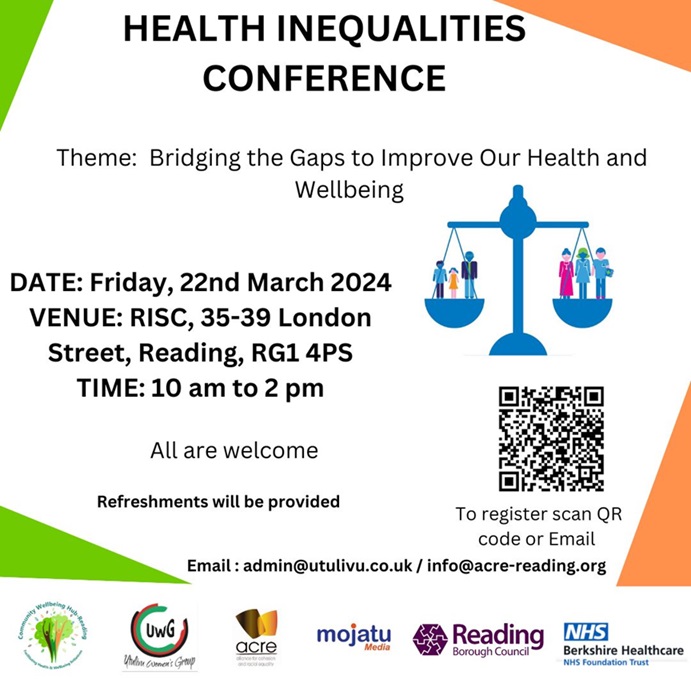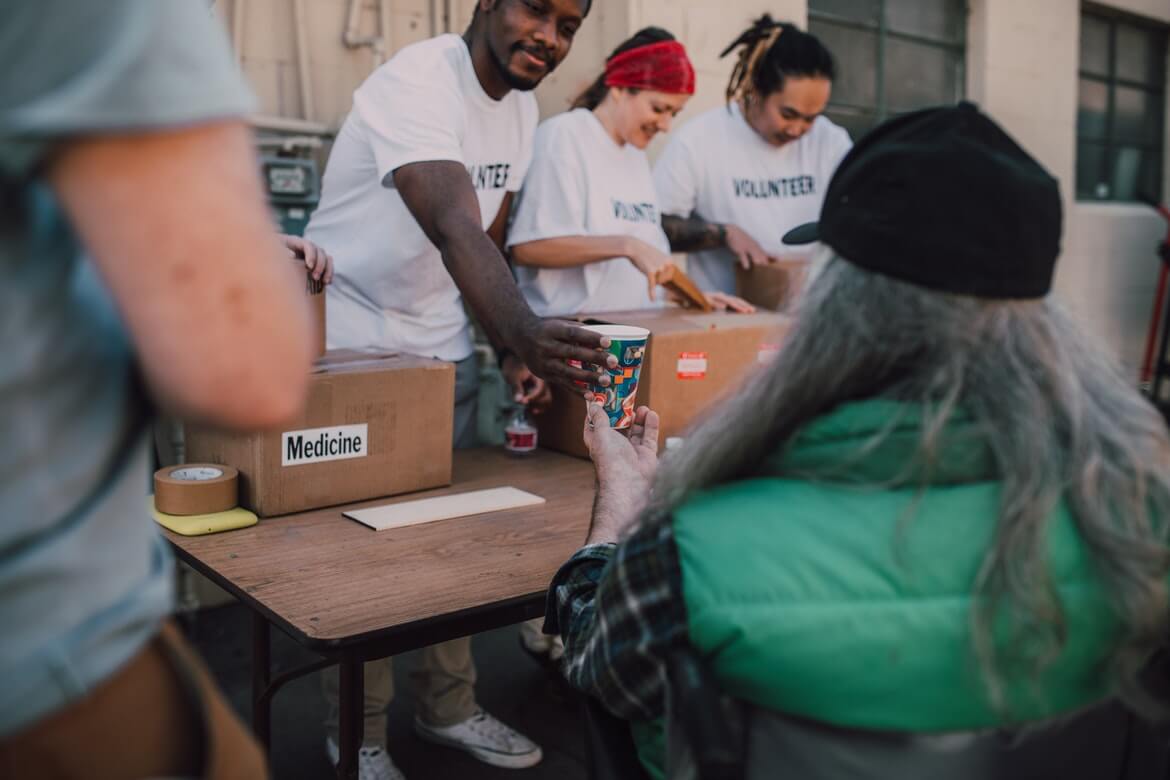
The topic of the day was around health inequalities, however, once the issues around
maternity services were being discussed -As an invited speaker (a health care professional
and academic midwife), I was able to highlight my key points as follows:
As a practising midwife, for many years on the frontline of the NHS, I noticed one major area
of health in-equality, as a language barrier, – where women of different ethnic cultures and
backgrounds were not fully clear about the midwifery terminology or how their bodies
functioned during pregnancy, labour or childbirth.
As a result, some women struggled to find their voice, not only during their labour pains, but
generally with communication. Some women, as a result, were disadvantaged and not able
to request for appropriate support on attending the maternity services.
My goal is to educate and empower pregnant women, with a funded charity project/
business idea – called Florence Maternity Services (FMS), supporting any organisation that
requires this service, including ACRE, Utilivu, and Mojatu .
1. To address the language barrier -FMS aims to offer a Doula Training programme.
By finding non-medical Doula's or Maternity Support Workers (MSW's), through
interviews and a selection process, FMS plans to recruit and train Doula’s. Each
applicant will need to be able to speak at least two foreign languages and speak
English language. The Doula must be available for training according to the designed
curriculum. Towards the end of the training each Doula will be assessed on how they
plan to support the pregnant women, by correctly translating the 10-week antenatal
booking appointment and using the correct midwifery terminology. This will
hopefully make the woman feel more confident to speak about her own body, in her
own language. A Doula is a Greek word meaning helper, a non -medical person who
provides emotional and physical support to women during pregnancy, birth and
postnatal period.
2. Improved effective communication between the BAME/ Refugee women and their
health care professional -Once the pregnant BAME / Refugee woman is identified as
a non- speaker of English language, and requires support to communicate, she will
be referred by the NHS/ Maternity Services/ Organisations to FMS, for language
support. A trained Doula, who speaks her language, will then be assigned to the
woman for the duration of her pregnancy till birth and beyond.
3. FMS will educate and empower BAME/ Refugee women to find their own voices,
The aim is for the women to understand their own anatomy and physiology, in their
own native language, so they can learn how to ask relevant questions, about pain
relief, FGM and VBAC, Fetal presentations/ scan appointments to ill-health, such as
gestational diabetes during pregnancy. Through learning and understanding about
the maternity services in their own language, they will hopefully become more
effective with their verbal, non-verbal or digital communication skills.
4. The Midwife, Maternity Support Workers (MSW) and other Health Care
Professionals (HCP)- should also benefit -from having a Doula in the maternity room
to support the woman and her language requirements. After completing the training
from FMS, the Doula should be able to translate the women’s concerns directly to
the Midwife or HCP about her emotional, psychological or physical needs.
Interestingly an MSW could also train to become a Doula, especially if he/she can
speak two or more languages. This also promotes equality, diversity and inclusion.
5. According to the EMBRRACE-UK Report (2023), which highlights that majority of
maternal deaths occur during the postnatal period –up to a year after childbirth,
care should therefore, be tailored to meet the needs of the women. Doula support
with language skills may be of great help in the Community, where a mother is
stressed with a newborn baby and alone all day. The company of a doula, who
speaks the same language could be healthy and on-going continuity of care.
However, it is imperative that a trained midwife or health care professional is
available to support such women’s emotional, social, medical and mental health
needs.
This is just one approach to the language barrier issues and there are so many other ideas
and support systems that could be put in place. However, there has not been an
opportunity (at present), to conduct significant research-based evidence to justify each idea
point or even conduct an intervention study to support each rationale. This could well be an
opportunity for such.
However, as mentioned during my motivational speech at the health in-equalities event in
March 2024, we have all done enough studying, learning, talking and collection of data-
therefore, this is a real opportunity to take some action. Just imagine if the language barrier
is significantly reduced, by placing a trained Doula in the room, who can help the women
speak up and feel confident about the care she is receiving –then we could have potentially
reduced just one of the health in-equalities within the maternity services.
FLORENCE MAKINDE






